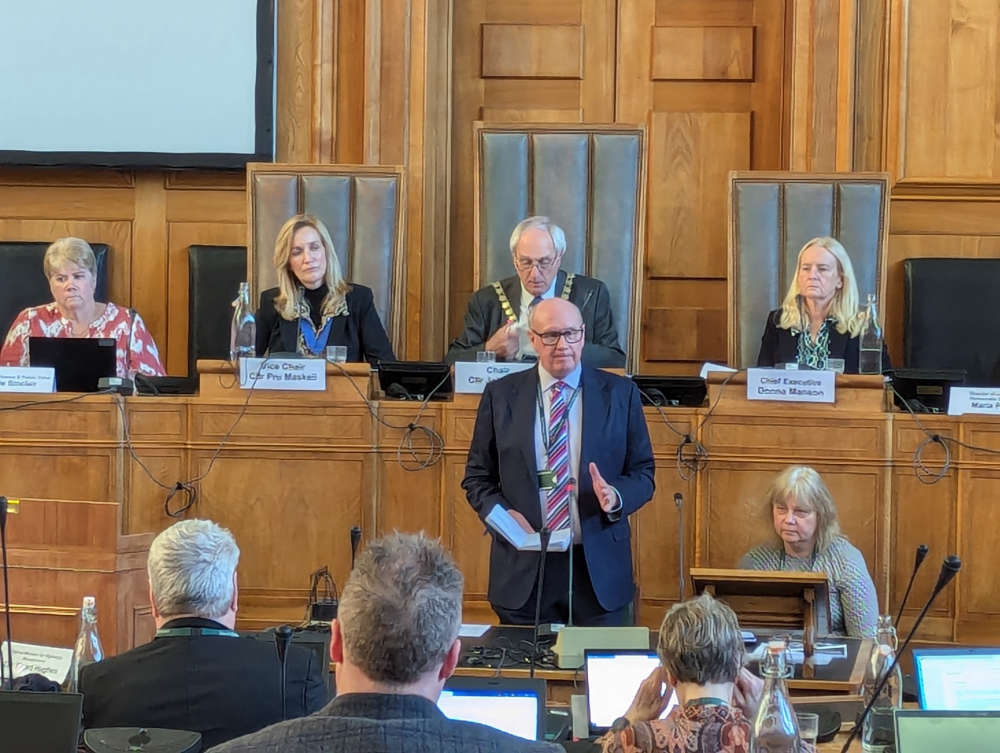
Local councillors and MPs give their views
Local politicians have reacted to Devon’s failed bid to postpone its elections.
Councils with elections planned for this May were given the opportunity to apply to postpone them for a year as part of the government’s wide-ranging plans to overhaul how councils operate.
Devon County Council last month voted to seek to delay the elections until May 2026, and submitted a request to ministers.
The Conservative administration argued that delaying the poll would give the council the time and space needed to create a viable plan for reorganisation.
Opponents claimed that such a move would represent “democracy denied”, adding that a new crop of councillors could bring fresh thinking to the challenge of reorganisation.
But deputy prime minister Angela Rayner on Wednesday turned down Devon’s request to delay the elections, meaning they will go ahead on Thursday 1 May.
Cllr Jess Bailey (Independent, Otter Valley) thinks the government’s decision is right. “It’s important that democracy plays its part as normal and that people can exercise their right to vote and choose their elected member,” she said.
“I don’t think it’s nonsensical to have the elections as I think it will be crucial to have newly elected members fully engaged and who can have a say in the future of Devon and its democracy.
“The role of councillor is probably more important in the coming year or so than it has been in the past given we’re undergoing the biggest shake-up in local government and I think we need newly elected members who can shape that.”
North Devon MP Ian Roome (Liberal Democrat) said it is “only right” that voters head to the ballot box this May.
“It was very clear that Conservative councillors were trying to dodge facing the voters again after their dismal results in the last general election,” he said.
“I’m glad that the government appears to have seen through this. We Lib Dems will keep pushing forward to try to deliver the local change people need – bring on the elections.”
Diana Moore, leader of Exeter City Council’s Green Party, said greater collaboration between the county council and the districts was needed.
“Devon County Council and the districts need to work in the interests of local communities and the environment to work out how we can more effectively ensure that local government remains local and works well for our communities,” she said.
She added that one of the arguments for delaying the elections – that more experienced councillors could remain in situ for longer to help decide what shape local councils could take in Devon in the future – is “the weakest argument”.
“New people can bring fresh ideas and will have experience in other areas that they can bring to ensure effective services at Devon County Council,” she said.
“Devon can do much better in many areas, not least of all children’s services, so there needs to be cross-party discussions about the future.”
She added that Devon was one of the largest counties in the country, and so having one unitary council for the whole county was “not going to work well in terms of meeting local needs”.
Cllr Paul Arnott (Liberal Democrat) leader of East Devon District Council, said the people in Devon “should be relieved that the attempt by Devon County Council to [postpone] the election has been squashed”.
“I hope the electorate remember that the Conservatives voted, on the record with their names, to cancel the elections they will now be standing in,” he said.
Cllr Arnott added that he believed the arguments put forward in favour of delaying the elections were “completely false”.
Devon County Council had claimed that trying to run an election at the same time as creating a plan for the county’s administrative reorganisation would overstretch staff.
But Cllr Arnott said local elections – even county council ones – are predominantly run by the district councils anyway.
He also felt the argument that experienced councillors should stay in post for another year because new members could find it challenging to plan Devon’s reorganisation alongside learning about their new role was “shameful”.
Devon County Council leader James McInnes (Conservative, Hatherleigh and Chagford) said: “I am disappointed that the government has rejected our proposal to postpone May’s elections so we could concentrate fully on developing our plans for local government reorganisation in Devon.
“However, we will still continue to work on our proposals for local government reorganisation that best meet the needs and aspirations of all Devon’s communities.”
The government wants to abolish two-tier systems, such as that in Devon, where two councils perform different services in the same geographic area.
The aim is to have fewer, larger councils which are unitary in style, meaning that all services are looked after by one council.
Devon has 11 councils in all; Torbay and Plymouth are unitary, but the rest of Devon is overseen by the county council and eight district councils.
Residents outside Torbay and Plymouth have some services provided by the county council – such as those related to highways or social care – and others by their local district council, such as refuse collection and planning.
Early predictions suggest Devon could have anywhere between two and four councils under the government’s local government reorganisation proposals.
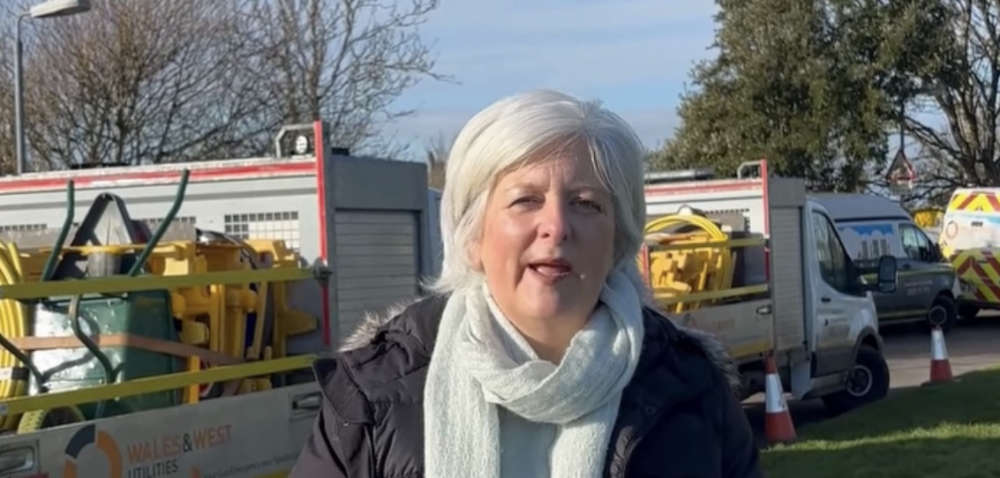 Supporting vulnerable a priority amid gas outage
Supporting vulnerable a priority amid gas outage
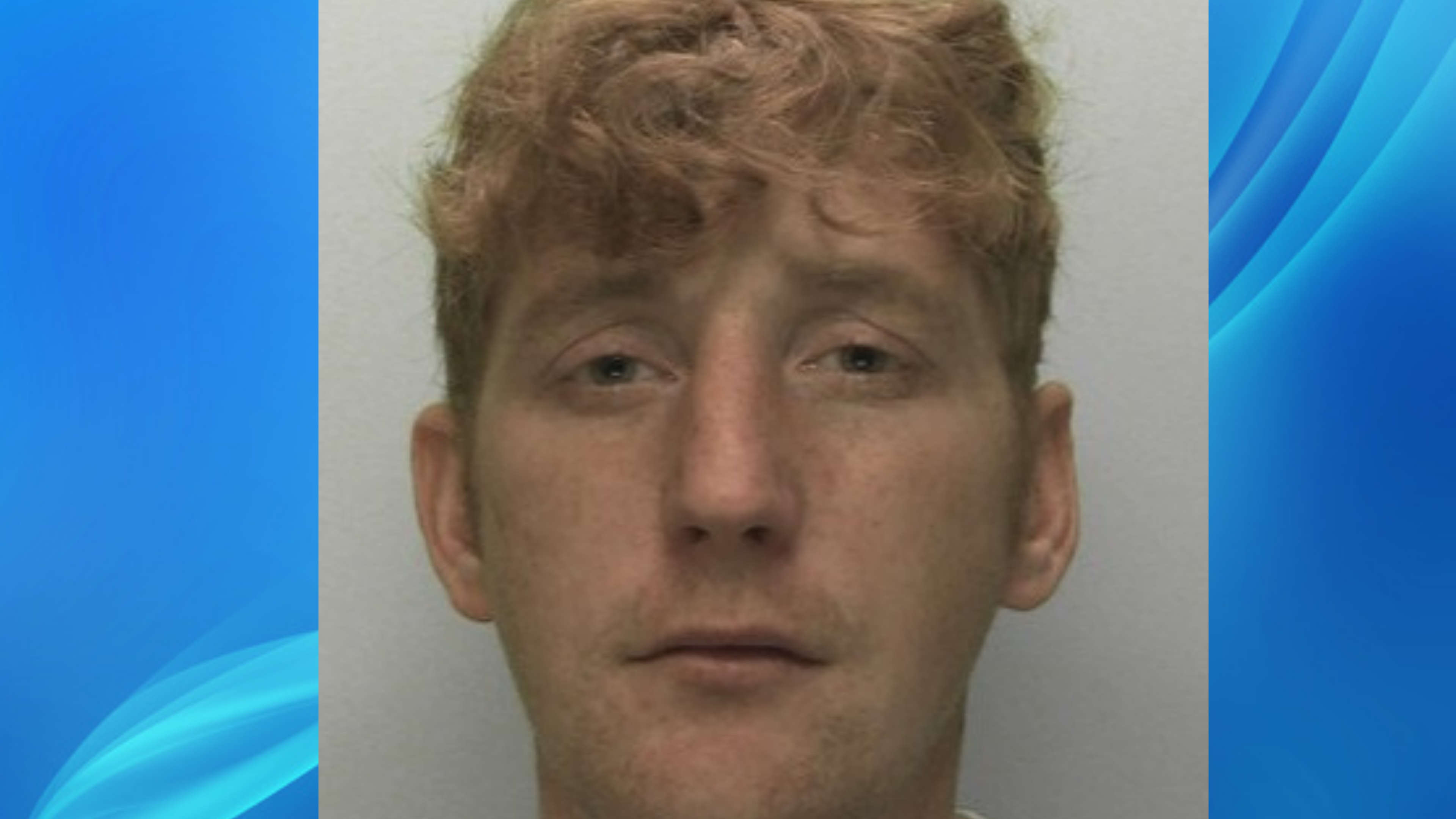 Concerns for missing Devon man
Concerns for missing Devon man
 Wintry conditions affect over 30 Schools
Wintry conditions affect over 30 Schools
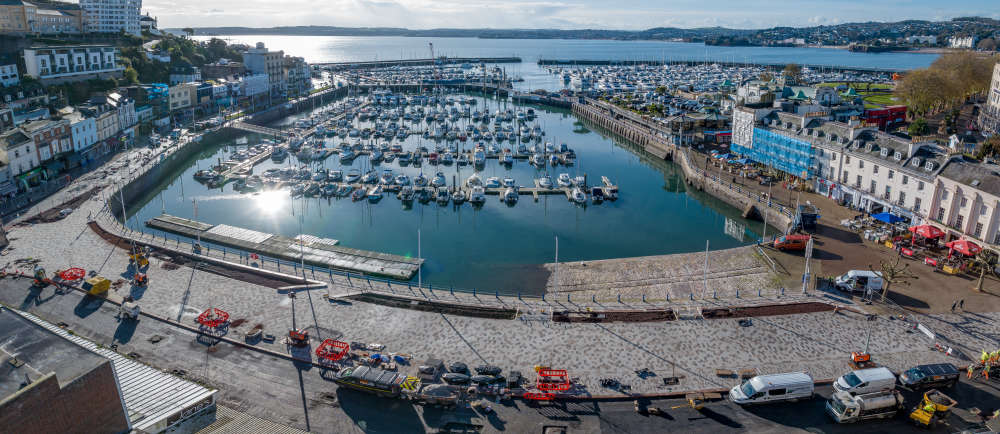 Torbay's ASB squad crackdown on crime
Torbay's ASB squad crackdown on crime
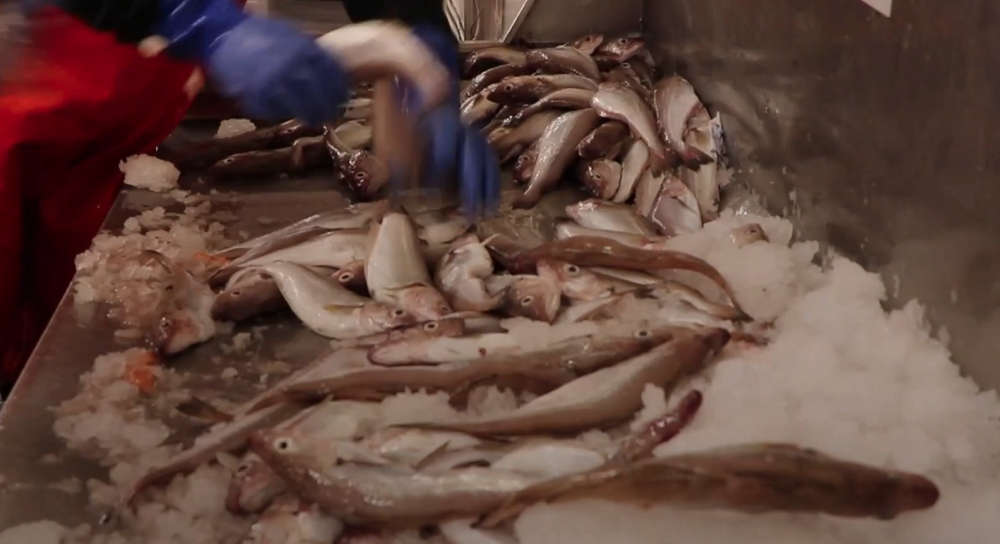 Brixham Market on brink of breaking records
Brixham Market on brink of breaking records
 NHS drone trial flies into Cornwall
NHS drone trial flies into Cornwall
